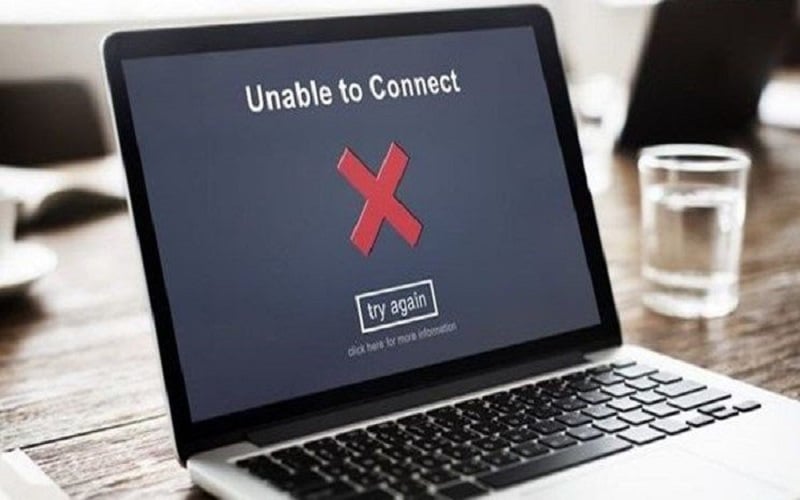Five months after approving a price increase for internet packages, Iranian citizens continue to struggle with slow speeds and network disruptions. In January 2024, the government authorized mobile phone operators to raise prices on the promise of improved internet quality.
The Minister of Communications under the current administration asserted that the price increase was contingent on faster speeds and a more stable network. However, since then, there has been no noticeable improvement in internet quality, with disruptions actually worsening.
Last Saturday, Iranians once again reported a surge in internet outages and disruptions. The Ministry of Communications offered no specific explanation for these issues.
The Minister previously attributed internet shutdowns to infrastructure problems and increased consumption on the international broadband network.
This situation presents a clear contradiction. While the government’s presidential candidates pledge to improve internet speed and quality, filtering and network disruptions have actually increased over the past two years.
Experts believe that frequent internet disruptions are a deliberate attempt to block access to free VPNs. This, in turn, fuels the market for paid VPNs, which has become a profitable business for the regime.
The increased use of VPNs has also driven up internet package consumption. Additionally, reports suggest that internet service providers may be engaging in bandwidth theft. In some cases, users receive messages claiming they’ve reached their data limit, even when they haven’t used their full allowance.
The Ministry of Communications consistently denies these accusations. They blame the rise in internet consumption on external platforms, VPNs, games, and automatic software updates.
Many citizens contest this explanation. Currently, updating apps without a VPN is impossible due to Google Play being filtered. Additionally, many users who experience sudden data depletion don’t have active VPNs on their devices.
For Iranians, the primary concern is slow speed and constant disruption. The government has repeatedly pledged improvements and claimed that fiber optic network development and infrastructure upgrades have significantly boosted internet speed.
These claims contradict official statistics from Speedtest, a website that tracks global internet speeds. According to their latest June reports, Iran ranks a dismal 74th and 154th in mobile and fixed internet speed, respectively.
The internet price hike comes as many Iranians grapple with poverty. Popular internet packages, like the 5 GB monthly plan, now cost 31,700 tomans, reaching nearly 35,000 tomans with taxes.
These costs become even more significant when considering that VPN prices start at a minimum of 150,000 tomans and can reach 400,000 tomans per month depending on usage. In 2023, government media reported that 80% of Iranians use VPNs.
Mobile internet speed in Iran has decreased, with the average download speed dropping to 35.66 megabits per second and upload speeds falling to 9.71 megabits per second.
In a survey of 50 countries, Iran ranked 47th for internet service disruption, 49th for internet service restrictions, and 50th for internet speed, scoring 146 negative points out of a possible 150.
The regime’s filtering of major social media platforms aims to restrict access to global networks. However, statistics show that this strategy has failed. Over 90% of users reportedly returned to Instagram after it was filtered.
This demonstrates the ineffectiveness of filtering, which aimed to sever Iranian access to social media and foreign messaging services to control news and protests.
#Irans #Internet #Quality #Declines #Price #Hike,
#Irans #Internet #Quality #Declines #Price #Hike


